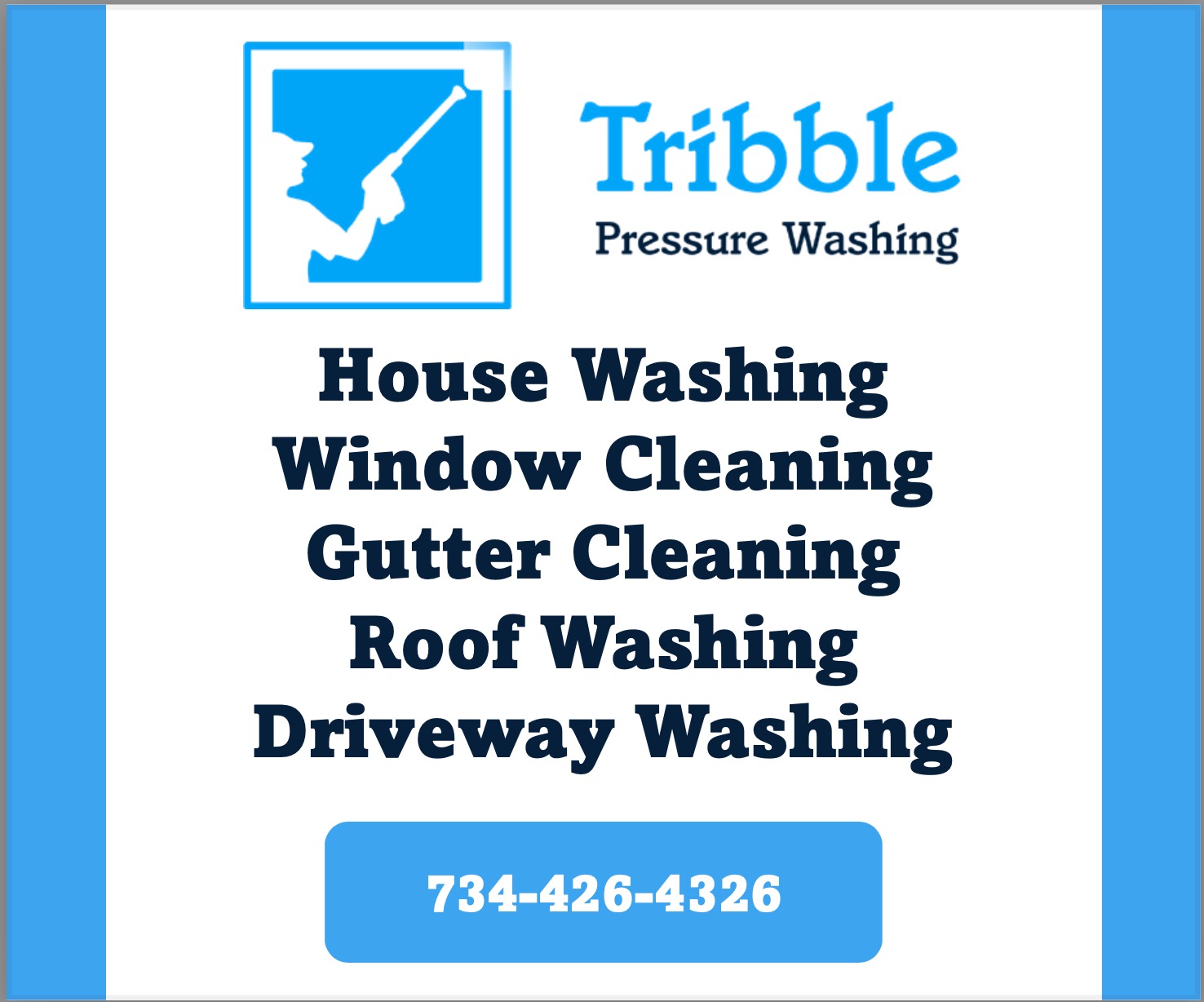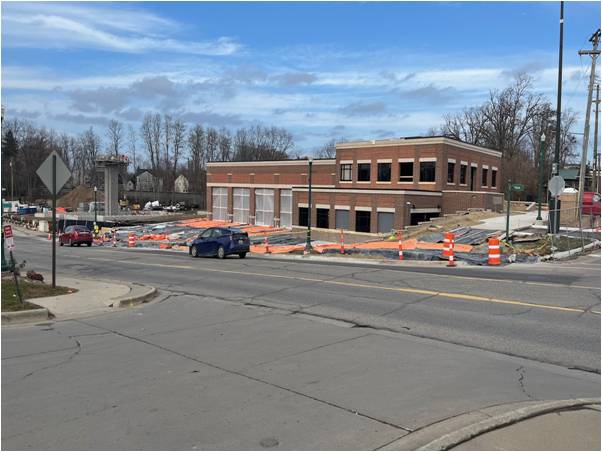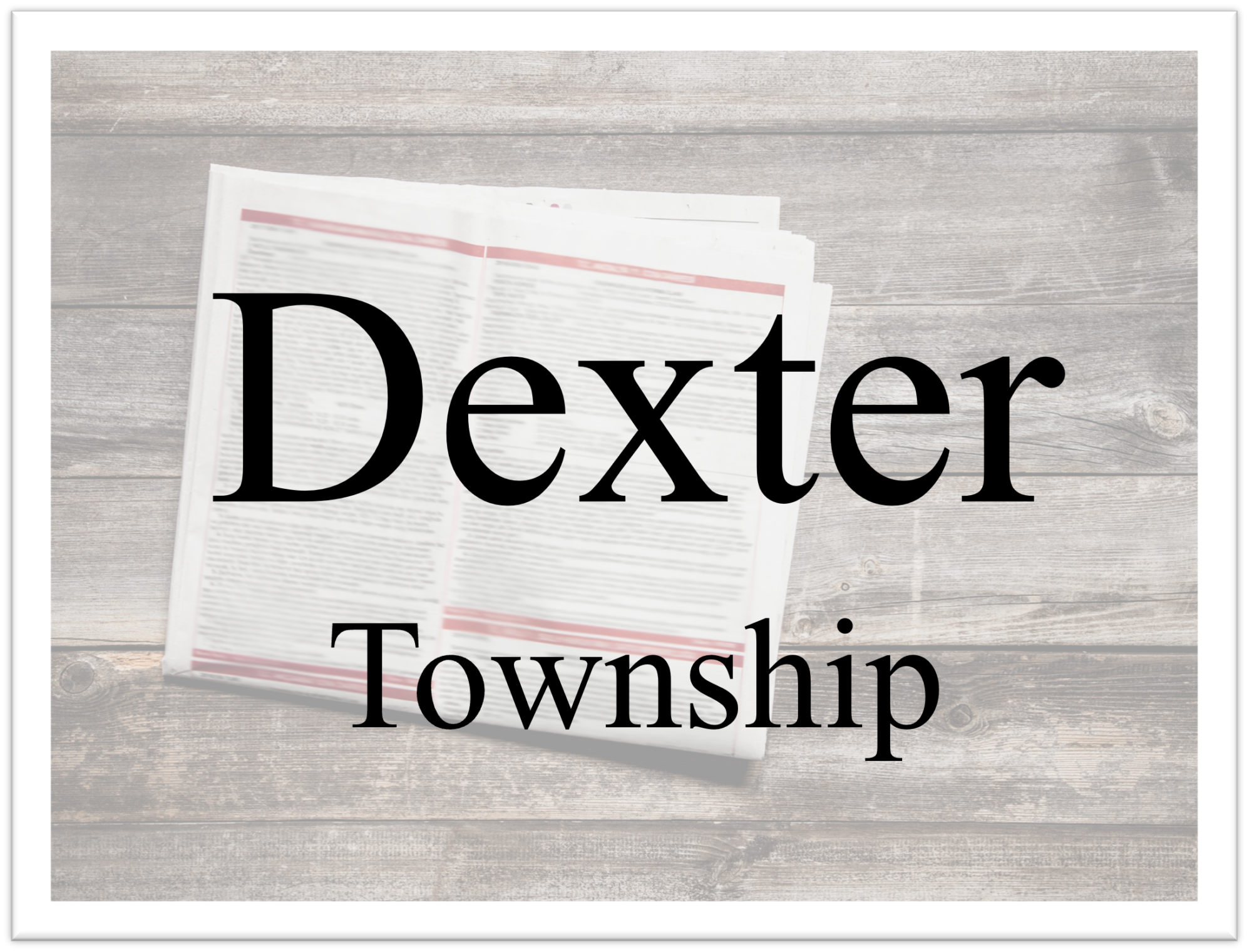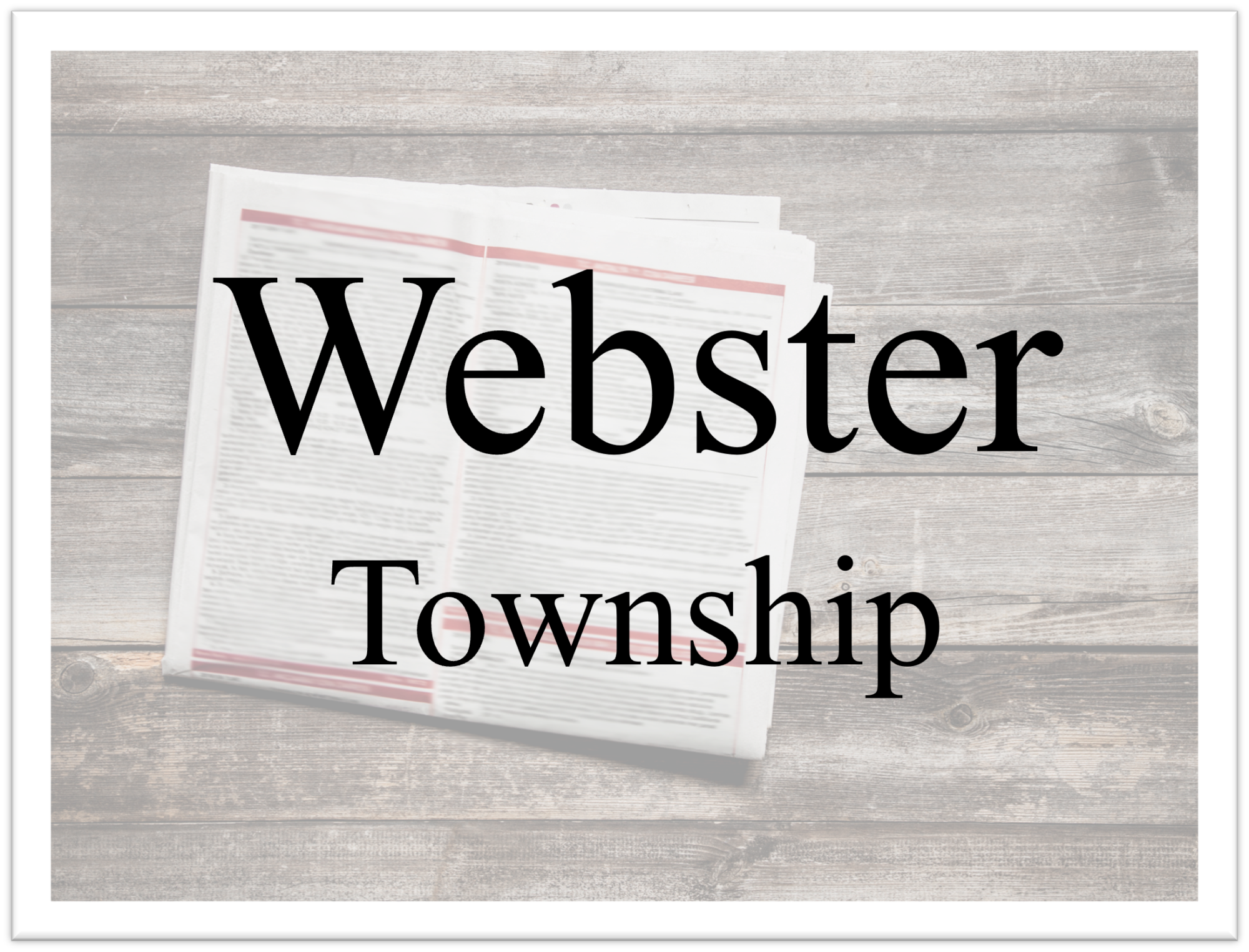Simplified ballot explanations for Saline area primary voters
Elections are the crux of democracy, guaranteeing every registered voter an equal voice. As good citizens and neighbors, we are all responsible for being engaged and informed voters. However, complicated ballot language, unfamiliar technical terms, and partisan rhetoric can make that seem almost impossible. Below is a simplified explanation of the language appearing on Saline area ballots in the August 6th state primary.
City of Saline
In addition to three Washtenaw County-wide initiatives detailed below, registered voters in the City of Saline are being asked to consider a very simple amendment–or change–to the city’s Charter. The City Charter is the formal document that serves as Saline’s “constitution,” and any change to it must be approved by voters.
If approved, this proposed amendment would reduce the residency requirement for elected and appointed officials from two years to one year and eliminate antiquated phrasing that, as written, conflicts with current case law. The city’s attorney and its Charter Review working group both recommended the amendment because the current wording–drafted more than five decades ago–is conspicuously outdated and legally unenforceable. There is no financial impact on voters.
Saline Township
Primary voters in Saline Township also have an additional proposal on their primary ballots. This road maintenance millage question is asked of township voters every four years and addresses maintenance costs for local roads in Saline Township, like Macon, Braun, Jordan, Marion, Case, Feldkamp, and Klager. Most recently approved by voters in 2020, the existing millage is set to expire at the end of this year and now voters are simply being asked to reapprove the millage at the same rate, which is 1.0 mill.

Hawkeyed ballot readers might wonder about the reference to another mill rate of .9968 mills mixed into the language for this millage. Since 2023, the township has actually been charging taxpayers a “rolled back” (slightly lowered) mill rate of .9968 for this mill, instead of the voter-approved 1.0 mill rate. This is due to a complicated and somewhat obscure Michigan law called the Headlee Act that limits the total amount that can be collected by taxing authorities in certain cases.
If approved, this millage would restore the rate to the 1.0 mill approved by voters in 2020. That means the township would collect a tax of $1.00 for every $1000 of a property’s taxable value. Remember, the taxable value of a property is 50% of its actual value, so a home worth $200,000 has a taxable value of $100,000. The owner of that home/property would be charged $100 per year to cover the cost of this township road maintenance program. In 2023, under the .9968 mill rate of the Headlee Act, that same property owner was charged $99.68.
Washtenaw County
Every Washtenaw County primary voter will be asked to consider three countywide ballot measures. All three are renewals of previously approved measures that have expired, or will soon, and there is no increase to any of the previously approved mill rates.
Despite the simplicity of these renewals, the proposal language is confusing and easy to misunderstand, again, due to the Headlee Act roll backs. All the extra words about different mill rates in these measures are simply a legal way to express that the rate being charged has been a little bit less than the rate that voters approved previously and if approved again, the rate will be restored to the originally approved mill rate.
Proposal A
Proposal A asks voters to renew funding for the ongoing construction and care of Washtenaw County roads, bike lanes, streets, and paths. Last approved in 2020, it expired with the 2023 tax collection. The funds are distributed to the “Washtenaw County Road Commission, Washtenaw County Parks and Recreation, and the various cities, villages, and townships of Washtenaw County to maintain, construct, resurface, reconstruct, or preserve roads, bike lanes, streets, and paths in Washtenaw County.”
The proposed mill rate for this is .5000 mills. This rate was approved by voters in 2020 but it rolled back to .4950 in 2023 due to the Headlee Amendment, and then expired. If renewed, the mill rate would be restored to .5000 mills and collected for four years spanning 2024 through 2027.
This means the township would collect a tax of $.50 for every $1000 of a property’s taxable value. Remember, the taxable value of a property is 50% of its actual value, so a home worth $200,000 has a taxable value of $100,000. The owner of that home/property would be charged $50 per year to cover the cost of this road maintenance program. That same property owner would have paid $49.50 in a year that used the Headlee Amendment adjusted rate.
Proposal B
Proposal B asks voters to renew operational funding for the Washtenaw County Conservation District. Previously approved by voters in 2020, the .0200 mill rate was rolled back to .0197 in 2023 because of the Headlee Amendment and now expires in 2025.
The Washtenaw County Conservation District provides “programs to assist residents in the protection of surface and groundwater quality, increasing wildlife habitat, woodlot management, reforestation and tree planting, invasive species removal, and soil erosion reduction” and “conservation resources, education, and assistance to residents.” It also strengthens “the local food system by promoting sustainable agricultural practices throughout the County of Washtenaw.”
If approved, the mill rate would be restored to .0200 and would be collected for six years, from 2026 through 2031. A taxpayer with a property valued at $200,000 and a taxable value of $100,000 would be charged $2.00 per year for this program. The same taxpayer would have been charged $1.97 in a year affected by the Headlee Amendment.
Proposal C
Proposal C asks voters to continue funding Washtenaw County park land and recreation facilities. A rate of .2500 was approved by voters in 2014 but was rolled back to .2387 in 2023 due to the Headlee Amendment and is now set to expire in 2026. A renewal of this funding provides for the acquisition, development, maintenance, and operation of park land and recreational facilities within Washtenaw County.
If approved, the mill rate would be restored to .2500 and would be collected for ten years, from 2026 through 2036. A property with a taxable value of $100,000 would generate $25 per year for this county program. In a year affected by the Headlee Amendment, that same property would generate $23.87.


 8123 Main St Suite 200 Dexter, MI 48130
8123 Main St Suite 200 Dexter, MI 48130


